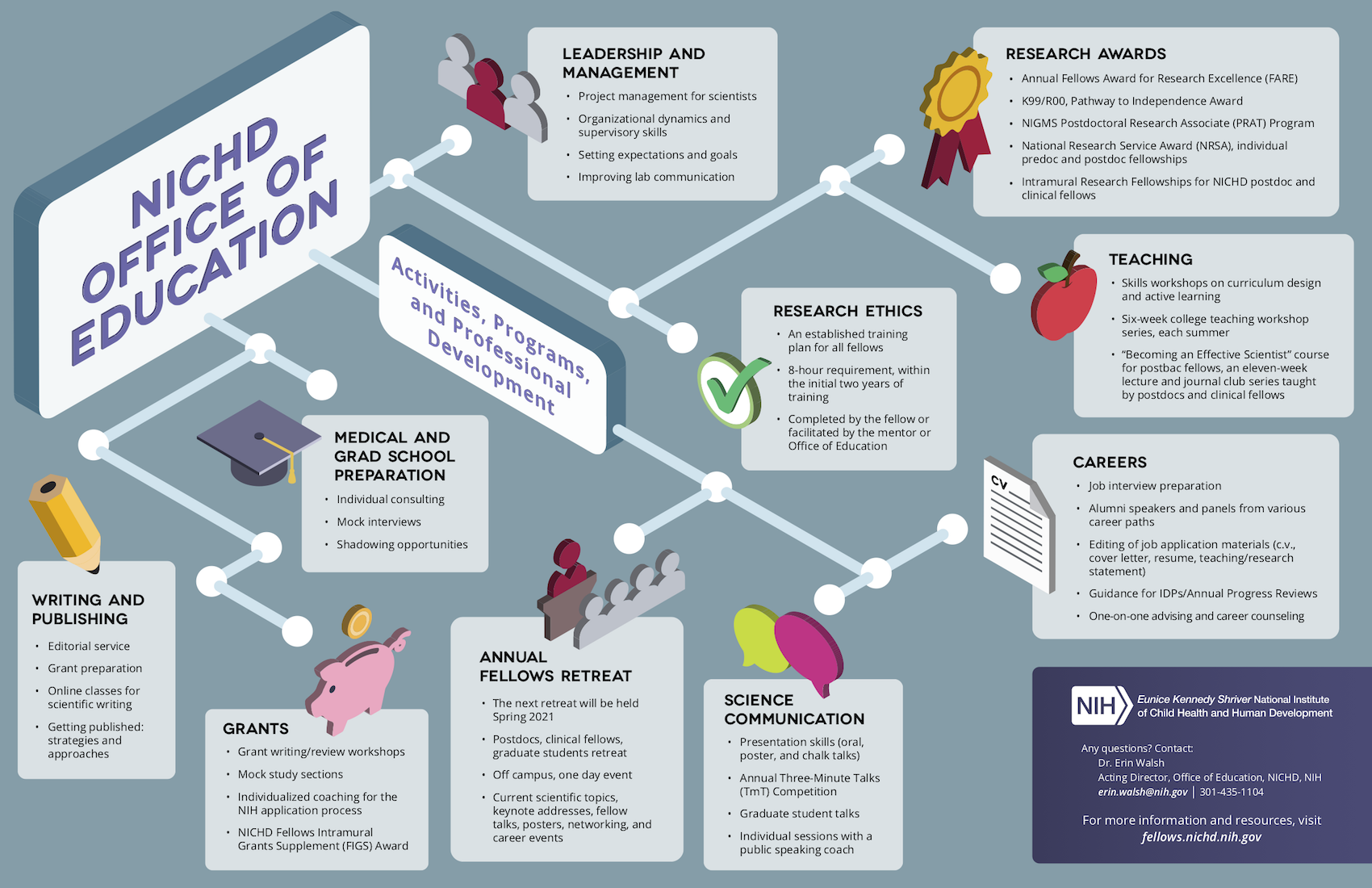Office of Education
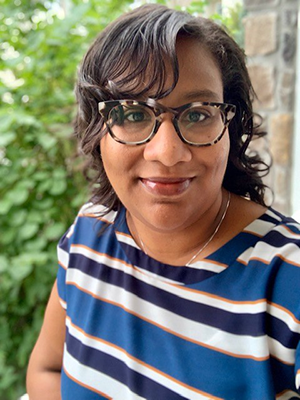
- Yvette R. Pittman, PhD, Director, Office of Education *
- Erin Walsh, PhD, Deputy Director
- Triesta Fowler, MD, Director of Communications and Outreach
- Fady Hannah-Shmouni, MD, Director of Graduate Medical Education
- Carol Carnahan, BS, Program Coordinator
- Monica Cooper, BA, Program Specialist
* Dr. Pittman joined NINDS in November 2020. Dr. Walsh now serves as Acting Director of the DIR Office of Education.
The goals and objectives of the Office of Education can be summarized as follows: to meet the training needs of intramural scientists, fellows, and students at all levels, the Office of Education recruits and develops academic support programs, contributes to mentoring, evaluation, and career guidance, and creates new training initiatives. Our professional development workshops and activities typically include public speaking workshops, job interviewing, writing and editorial services for professional school and job applications, grantsmanship workshops, academic and non-academic career presentations, one-on-one counseling, teaching opportunities, and lab management programs. Additional areas of involvement include programming for career exploration, networking among fellows and alumni, grantsmanship, and the enhancement of fellows’ competitiveness for research awards and future career opportunities, as well as support of tenure-track investigators.
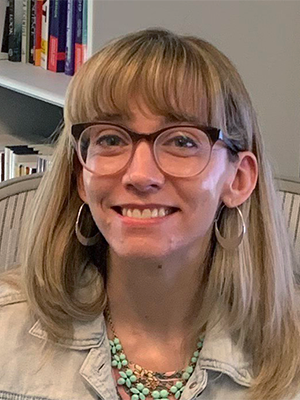
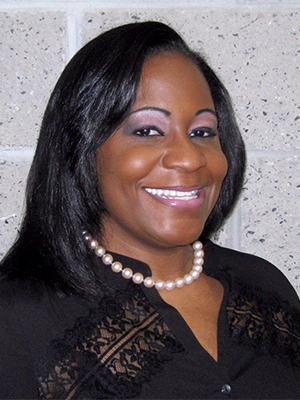
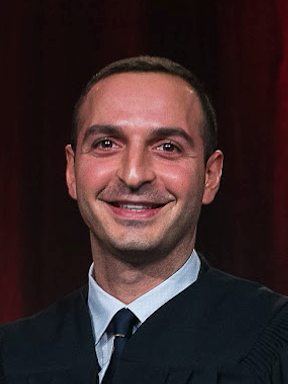
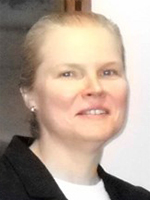
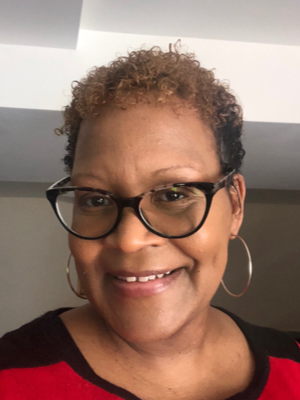
Notable accomplishments of the past year
The Office of Education organizes numerous workshops, programs, and individualized opportunities for a population averaging 250 trainees, including: postdoctoral, visiting, and research fellows; clinical fellows and medical students; graduate students; and postbaccalaureate fellows, as well as summer trainees.
We continued our Graduate Student Talks initiative, established in 2014, which provides the NICHD graduate students with experience in presenting their thesis research to a non-specialist scientific audience.
An online Annual Progress Review for fellows, developed by the office and launched in 2016, tracks scientific and career development and progress. As part of the assessments of investigators’ mentoring, the reports by fellows are analyzed and provided to the site visits of the Board of Scientific Counselors.
In November 2020, the Division of Intramural Research (DIR) gave its 13th Mentor of the Year Awards to Dr. Brant Weinstein, Section on Vertebrate Organogenesis, DIR, and Dr. Leah Lipsky, Social and Behavioral Sciences Branch, Division of Intramural Population Health Research (DIPHR), in the investigator category, and to Dr. Hyun Min Jung, Section on Vertebrate Organogenesis, DIR, as fellow.
Our TmT (Three-minute Talks) competition was postponed until 2021 because of the COVID-19 pandemic.
The database of NICHD alumni from 2008 to the present continues to be updated.
We compiled a valuable list of organizations that accept grant applications from NIH intramural fellows, through both NIH and non–NIH funding mechanisms. It can be found on the NICHD fellows’ wiki site. For NICHD, 18 Fellows Award for Research Excellence (FARE) awards were made for the 2021 competition.
The Office of Education also worked collaboratively with both administrative and scientific groups within DIR to achieve overall training goals and develop policies on various topics, such as tenure track mentoring and Affinity Group Seminar Series for invited speakers.
The Fellows Intramural Grants Supplement (FIGS) program continues to recognize and stimulate grant applications among fellows, and we launched the fourth cycle for our Intramural Research Fellowships (IRFs), a competitive internal funding opportunity for NICHD postdoctoral and clinical fellows. Its ultimate goal is to promote fellows’ grant writing and to enhance their awareness of various components for an NIH grant application.
The Institute continues its exchange program with INSERM (the Institut National de la Santé et de la Recherche Médicale) in France, which provides a unique opportunity for US and French scientists to obtain postdoctoral training with French and US mentors, respectively, and, since 2016, up to three second- and third-year medical students from Santa Casa de São Paulo School of Medical Sciences (Brazil) train with NICHD investigators for the Future Researchers Program. We are also actively working on a new partnership with Howard University, Washington, DC, for research, training, and mentoring opportunities.
The Fellows Recruitment Incentive Award (FRIA) continues to support investigators who recruit postdocs from populations traditionally under-represented in science, and these investigators also exhibit superior mentoring ability and demonstrate a commitment to the career development and academic progress of their fellows.
The alumni group for our NICHD Developing Talent Scholars Program, in its 10th year, is now at 19 individuals, and four new postbaccalaureate fellows joined the program in 2020. The Developing Scholars program focuses on providing trainees with a customized academic and professional development plan, which includes exposure to intramural activities and resources as well as supporting their career advancement.
We developed a new Online Fellows Exit Survey, which will be released soon for our trainee population. It aims to obtain a comprehensive view of trainees’ experiences at NICHD, to stay connected with the trainees, and learn of their career moves, as well as to help us improve our training program.
Postdoctoral fellows will be given the opportunity to organize and teach our annual course for postbaccalaureate trainees, which will be entering its 15th year for spring of 2021.
The Office of Education is fully committed to and actively involved in graduate and professional school advising and career counseling for all of our fellows, as well as to provide fellows with key resources to explore various scientific careers, help them set achievable goals, and build their professional networks.
The 16th Annual Fellows Meeting was postponed until 2021 as a result of the COVID-19 pandemic. Each spring, this retreat is held for about 120 trainees to address scientific developments and careers and includes presentations by fellows, career panel sessions, and a poster presentation by each attendee. The program is developed and run by a fellows’ steering committee.
The NICHD Connection monthly newsletter continues its focus on mentoring, careers, and academic programs for young scientists, publishing its 126th issue in November 2020 and reaching all members of the intramural division and our alumni.
The office welcomed new staff members and Erin Walsh became Deputy Director of the Office. Triesta Fowler took on a new role in the Office of Education as Director of Communications and Outreach and Fady Hannah-Shmouni as the Director of Graduate Medical Education, and Monica Cooper joined the Office of Education as a Program Specialist.
Contact
For further information, contact Dr. Erin Walsh.
